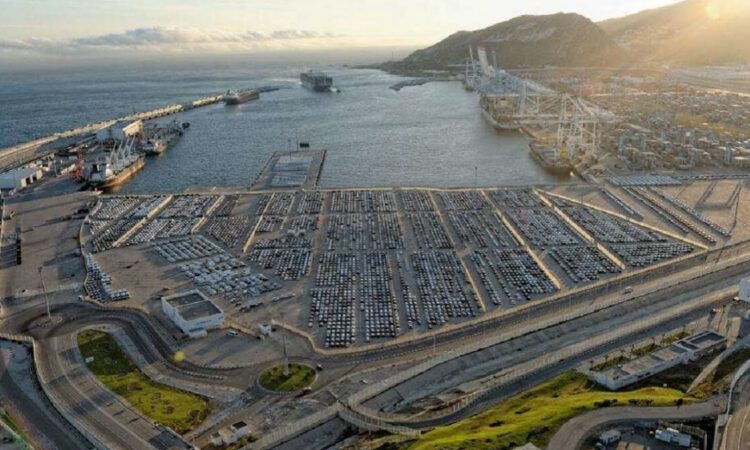
In an attempt to modernise relations between Morocco and the European Union, the current state of the relationship between the two actors is considered necessary. The debate on how to improve the situation has been ongoing for more than a decade and the EU proposes, as a solution, the signing of Deep and Comprehensive Free Trade Agreements (DCFTAs).
Trade relations between the EU and its Southern Neighbourhood (SN) countries are crucial and should not be neglected. The current agreements between them are considered to be of an ‘old generation’, as they were signed long ago and, despite the inclusion of additional protocols, their provisions are outdated and limited in scope. Neither the EU nor the partner countries are satisfied with the current state of their trade relationship and the rules that govern it.
The main complaint about the ineffectiveness and inefficiency of the existing treaties lies in the perception of relations with European countries as asymmetric. As stated in the EuroMeSCo Euromed Survey report ‘The Future of the European Neighbourhood Policy’, ‘the EU is the main trading partner of eight out of ten countries in its Southern Neighbourhood (all but Jordan and Palestine), trade in goods with the SN represents only 4.8 per cent of EU trade (as of 2022)’.
The EU and Morocco have tried to negotiate DCFTAs before, but the attempt was halted in 2014. Negotiations have now resumed, which will have to take into account the following challenges: the inclusion of new regulatory measures in Europe, the weight of European judicial extraterritoriality and the incorporation of Morocco’s new economic priorities and orientations.
The commitment to the effectiveness of this solution is such that in Europe it is also intended to be applied in the countries of the Eastern Partnership. The aim is to achieve ‘deep and complete’ integration of the economies of non-EU countries into the EU market.
A ‘Plan B’ is also on the table: the modification of existing Free Trade Agreements (FTAs). However, this is not the preferred measure, as it excludes sectors such as investment, trade in services, public procurement, intellectual property rights, competition and sustainable development. With the signing of a new DCFTA, all these areas would be included from the outset, providing harmony in trade regulations for the Southern Neighbourhood countries with the European bloc’s legislation and corresponding international standards.






